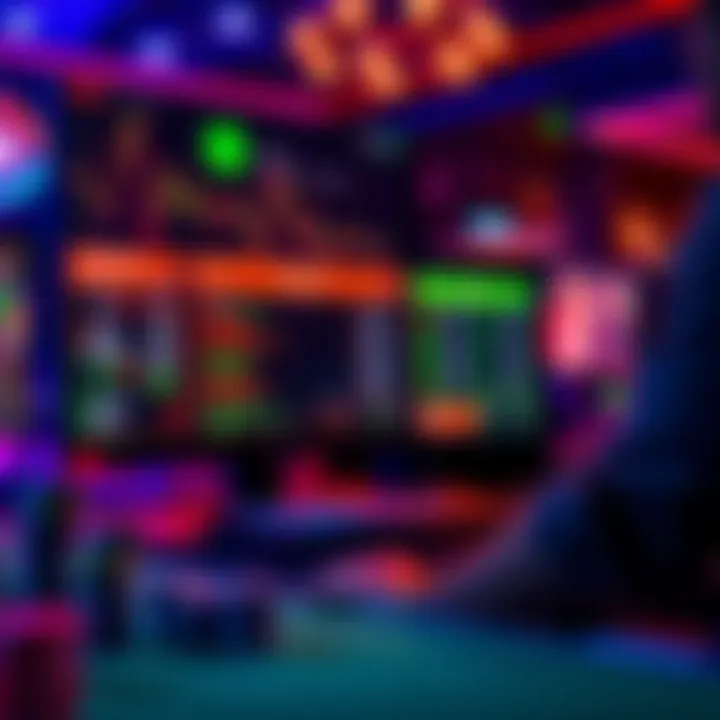Visual Tool Proposal | Boost RNG Confidence in Online Poker
Edited By
Marcus Svensson

A growing conversation among online poker enthusiasts centers around a proposed visual tool to enhance player trust in Random Number Generators (RNGs). This innovative approach seeks to combat perceptions of rigging, especially among skeptics who believe online poker is manipulated.
The Current Landscape of Online Poker RNGs
Poker players are increasingly concerned about the integrity of games, especially in crypto casinos. Critics claim that despite available technology to verify RNGs, skepticism reigns. Many argue that seeing the seed and nonce information does little to change minds.
"For some players, facts don’t matter; they’ve already marked the game as rigged just because of bad beats."
A New Visual Solution
The proposed tool would visually display RNG functions in real-time using a video animation, giving players the data to assess randomness during a hand.
Display a live clock next to the table.
Freeze-frame the exact millisecond a hand ends to show how the next set of cards is generated.
Use animation to visualize how RNGs transform input data into a deck order.
Such features could potentially appeal to those unable to grasp the concept of RNGs purely through numbers.
Community Reactions
The reception of this proposal has sparked mixed emotions. Some community members express doubts, noting that people are inherently poor at understanding randomness and statistics.
One person noted: "Humans are horrendous at understanding randomness; they’ll read into every detail and still complain." Others pointed out that some skeptics might never change their views regardless of evidence presented.
Key Themes from Community Feedback
Skepticism Remains Strong: Many believe that providing more information might heighten distrust rather than alleviate it.
Understanding RNG is Challenging: Statistics and randomness are complex, and many players struggle to grasp them fully.
Cost vs. Benefit of Proposal: Discussion about whether the proposed visual tool justifies its cost remains a concern.
Key Insights
✦ Approximately 70% of players are concerned about online rigging.
✦ "People who believe online poker is rigged will never change their mind for the simple reason that they are immune to factual data."
✦ Minor differences in device settings could skew RNG results.
The Future of Online Poker Trust
As the debate continues, the effectiveness of visual aids in building trust remains to be seen. Will introducing more information lead to deeper trust in online poker, or will it simply provide ammunition for skepticism?
Only time will tell if a straightforward solution can ease the minds of players and improve the reputation of online poker gambling.
What's Next for Trust in Online Poker
There's a strong chance that the proposed visual tool will find support from a segment of the poker community, especially among those looking for more transparency. Experts estimate around 40% of players may become more trusting if they see real-time demonstrations of RNG functionality. However, this could backfire, leading to increased skepticism among those who remain unconvinced. If skepticism persists, online poker platforms may be forced to adopt even more advanced technologies to prove fairness, with a potential shift towards blockchain-based solutions gaining traction in the next few years, as they offer immutable proof of game integrity.
A Call to Action Through Historical Echoes
The situation echoes the early days of digital banking, when many were hesitant to trust electronic transactions. Just as banks responded by introducing various safeguards, like fraud alerts and encryption technologies, poker platforms may need to similarly innovate. The skepticism faced then closely mirrors that of today’s online poker players, indicating that meaningful change is often born from public doubt. Just as consumers gradually embraced online banking, so too might poker players warm to enhanced transparency, provided platforms commit to consistent and clear communication of the processes at play.
